Understanding Sex Offender Registries and Public Access in Wisconsin
Related Articles: Understanding Sex Offender Registries and Public Access in Wisconsin
Introduction
With enthusiasm, let’s navigate through the intriguing topic related to Understanding Sex Offender Registries and Public Access in Wisconsin. Let’s weave interesting information and offer fresh perspectives to the readers.
Table of Content
- 1 Related Articles: Understanding Sex Offender Registries and Public Access in Wisconsin
- 2 Introduction
- 3 Understanding Sex Offender Registries and Public Access in Wisconsin
- 3.1 The Purpose of Sex Offender Registries
- 3.2 The Wisconsin Sex Offender Registry: A Comprehensive Overview
- 3.2.1 Who is Required to Register?
- 3.2.2 What Information is Available on the Registry?
- 3.2.3 Risk Levels and Public Access
- 3.2.4 Navigating the Registry
- 3.3 The Importance of Understanding the Registry’s Limitations
- 3.4 Frequently Asked Questions (FAQs)
- 3.5 Tips for Using the Sex Offender Registry Responsibly
- 3.6 Conclusion
- 4 Closure
Understanding Sex Offender Registries and Public Access in Wisconsin
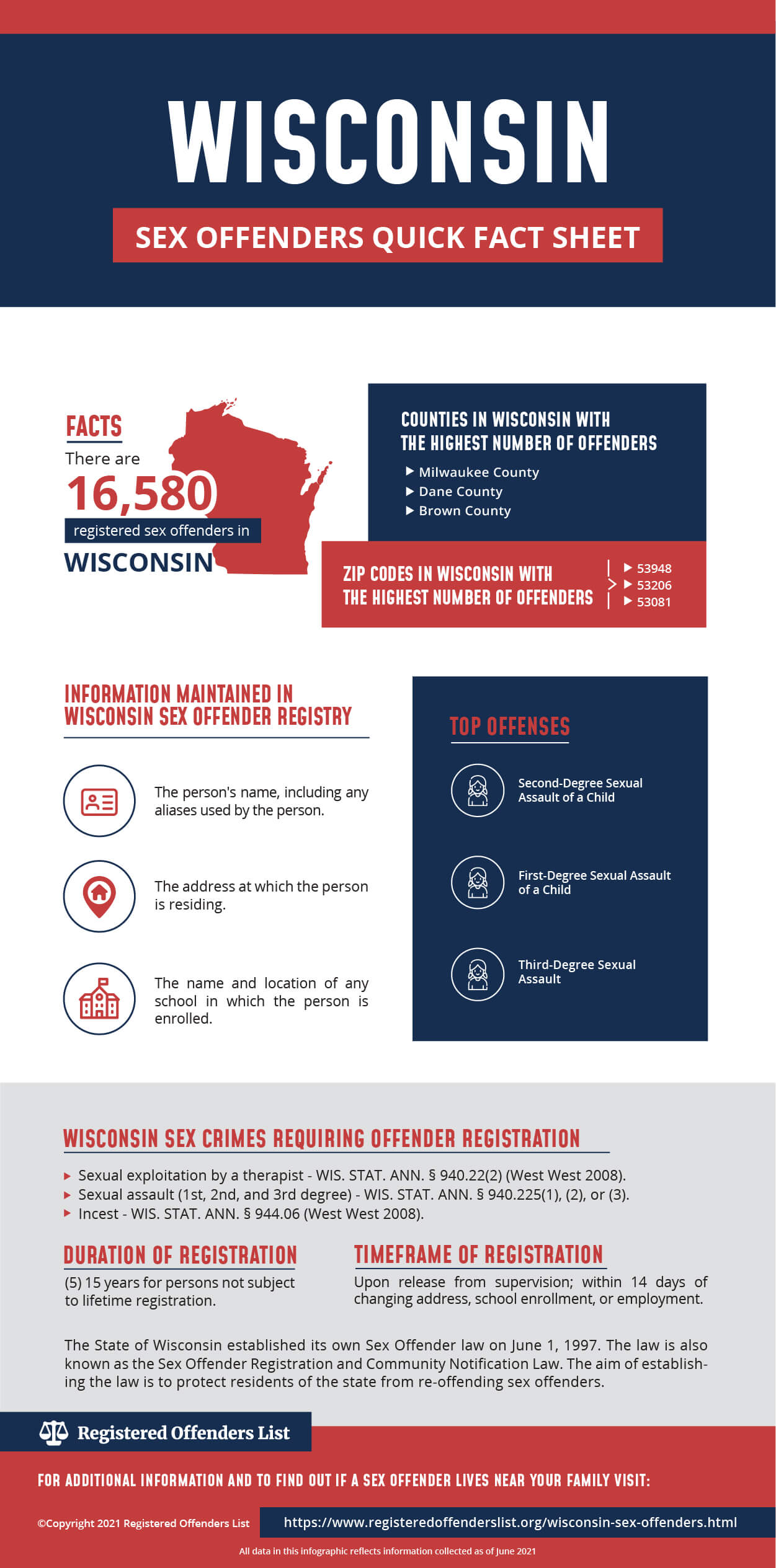
The safety and well-being of communities are paramount, and a key aspect of this involves protecting vulnerable individuals from potential harm. In this regard, sex offender registries play a crucial role by providing transparency and access to information about individuals convicted of sex offenses. This article delves into the intricacies of Wisconsin’s sex offender registry, exploring its purpose, functionality, and the legal framework governing its operation.
The Purpose of Sex Offender Registries
Sex offender registries are public databases that contain information about individuals convicted of certain sex offenses. These registries serve several vital purposes:
- Public Safety: By providing access to information about registered sex offenders, communities can take proactive steps to ensure the safety of their residents, particularly children.
- Community Awareness: The registry allows individuals to be aware of the presence of registered sex offenders in their neighborhood, enabling them to make informed decisions about their safety and that of their loved ones.
- Deterrence: The knowledge that their information is publicly accessible acts as a deterrent, potentially discouraging convicted sex offenders from re-offending.
- Monitoring and Supervision: Law enforcement agencies utilize the registry to monitor registered sex offenders, ensuring they comply with registration requirements and any court-ordered restrictions.
The Wisconsin Sex Offender Registry: A Comprehensive Overview
Wisconsin’s sex offender registry, managed by the Wisconsin Department of Corrections (DOC), is a comprehensive database that includes information about individuals convicted of sex offenses within the state. The registry is governed by Wisconsin Statute 301.45, which outlines the legal framework for registration, public access, and the rights of both registered offenders and the public.
Who is Required to Register?
Individuals convicted of certain sex offenses in Wisconsin are required to register as sex offenders. The specific offenses that trigger registration requirements are outlined in Wisconsin Statute 301.45(1). These offenses include:
- Sexual Assault: This category includes various offenses involving sexual contact without consent, ranging from first-degree sexual assault to sexual assault of a child.
- Child Sexual Abuse: This category encompasses offenses involving sexual exploitation, abuse, and assault of children, including child pornography and child prostitution.
- Incest: Sexual contact between individuals who are related within certain degrees of kinship.
- Exposure: Intentional exposure of one’s genitals in public or private, with the intent to arouse or gratify oneself or another.
- Sexual Exploitation of a Child: This category includes offenses involving the production, distribution, or possession of child pornography.
What Information is Available on the Registry?
The information available on the Wisconsin sex offender registry varies depending on the level of risk assigned to the offender. Generally, the following information is publicly accessible:
- Name: The full legal name of the registered sex offender.
- Date of Birth: The offender’s date of birth.
- Physical Description: Height, weight, eye color, and hair color.
- Address: The offender’s current residential address.
- Offense Information: The nature of the offense for which the individual was convicted.
- Photograph: A recent photograph of the offender.
Risk Levels and Public Access
Wisconsin’s sex offender registry categorizes registered offenders based on their perceived risk level. This categorization determines the level of information made publicly available. The three risk levels are:
- High Risk: Offenders classified as high risk have a greater likelihood of re-offending and therefore have more information publicly accessible, including their home address.
- Medium Risk: Offenders classified as medium risk have a moderate likelihood of re-offending. Their information may include a general location, such as a city or zip code, but not their exact address.
- Low Risk: Offenders classified as low risk have a lower likelihood of re-offending. Their information may be limited to their name, date of birth, and a general location.
Navigating the Registry
The Wisconsin Department of Corrections provides an online sex offender registry website that allows individuals to search for registered offenders. The website offers various search options, including by name, address, or offense. Users can refine their search by specifying criteria such as risk level, date of birth, and offense type.
The Importance of Understanding the Registry’s Limitations
While the Wisconsin sex offender registry serves a valuable purpose, it’s essential to understand its limitations:
- Not a Guarantee of Future Behavior: The registry does not predict future behavior. Registered offenders, even those classified as high risk, may not re-offend.
- Limited Scope: The registry only includes individuals convicted of certain sex offenses. It does not include information about individuals who have committed similar offenses but have not been convicted.
- Potential for Misinformation: The registry is a tool for public safety, but it’s crucial to use it responsibly. Misinterpreting or misusing information can lead to false accusations and harm individuals.
Frequently Asked Questions (FAQs)
1. Can I access the Wisconsin sex offender registry from outside the state?
Yes, the Wisconsin sex offender registry is accessible to anyone with an internet connection, regardless of location.
2. How often is the registry updated?
The registry is updated regularly, with information being added or modified as new convictions are recorded or changes in offender information occur.
3. How can I report a suspected violation of registration requirements?
Individuals who suspect a registered sex offender is not complying with registration requirements can contact their local law enforcement agency or the Wisconsin Department of Corrections.
4. Can I remove my information from the registry?
Once an individual is registered as a sex offender, their information remains on the registry for a specified period, typically 15 years or longer, depending on the offense. There are limited circumstances where an individual may petition to have their information removed.
5. What are the consequences of failing to register as a sex offender?
Failing to register as a sex offender in Wisconsin is a serious criminal offense, carrying significant penalties, including fines and imprisonment.
Tips for Using the Sex Offender Registry Responsibly
- Understand the limitations: The registry is a tool for public safety, but it’s not a predictor of future behavior.
- Use accurate information: Ensure you are using the correct name and other identifying information when searching the registry.
- Avoid assumptions: Do not make assumptions about an individual’s behavior based solely on their registration status.
- Report any suspicious activity: If you suspect a registered sex offender is violating registration requirements or engaging in suspicious activity, contact law enforcement immediately.
- Educate yourself: Stay informed about the laws and regulations governing sex offender registries in Wisconsin.
Conclusion
The Wisconsin sex offender registry serves as a valuable resource for public safety, providing transparency and access to information about individuals convicted of certain sex offenses. It’s crucial to use the registry responsibly, understanding its limitations and avoiding the misuse of information. By utilizing the registry appropriately and staying informed about its functionality, communities can better protect themselves and their loved ones from potential harm.
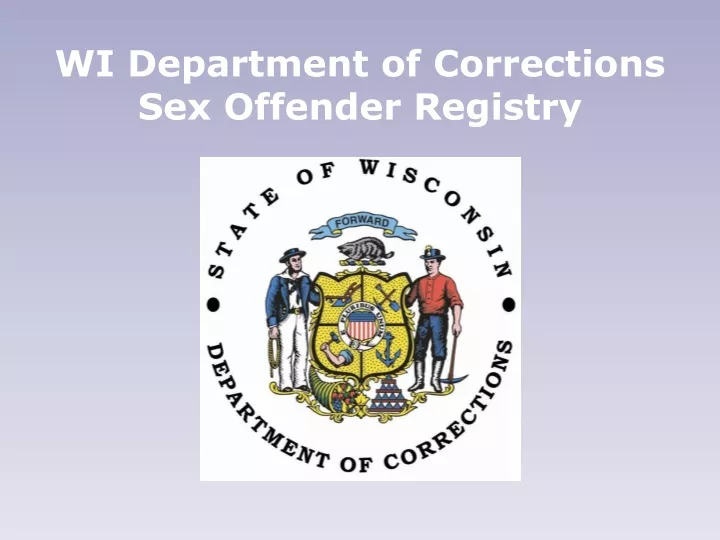
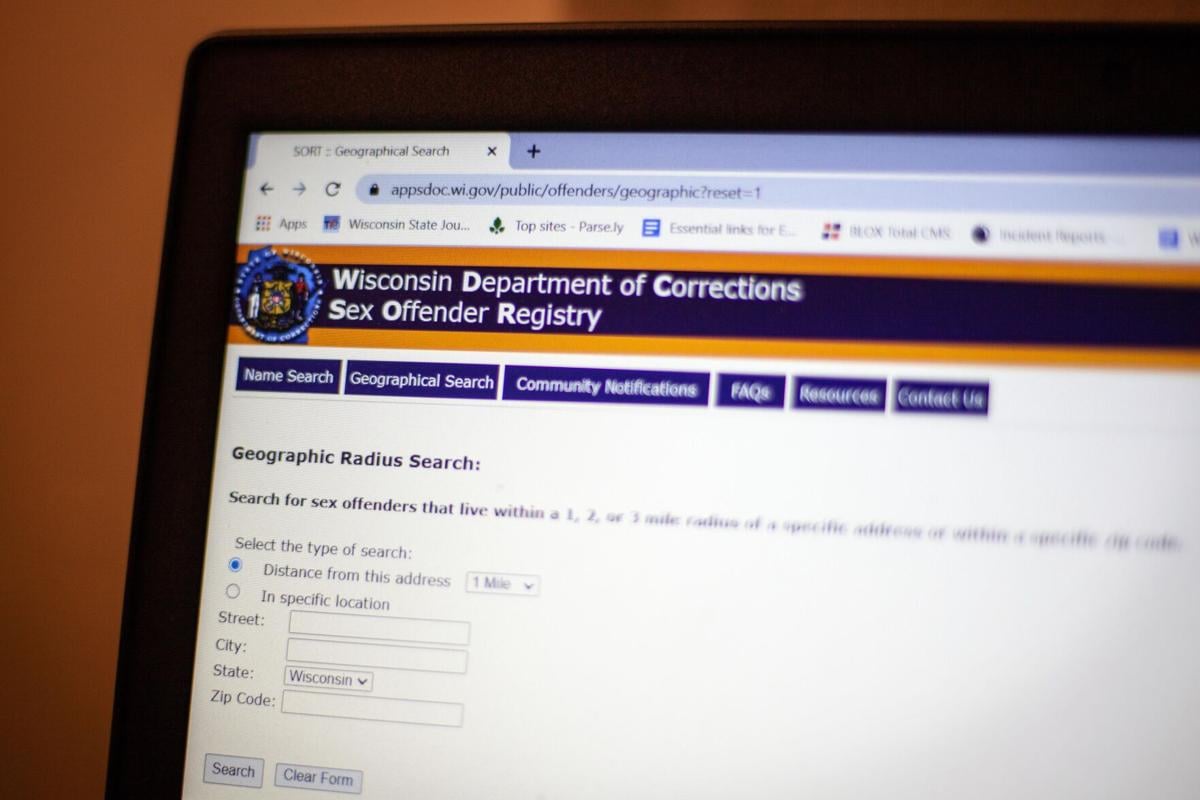



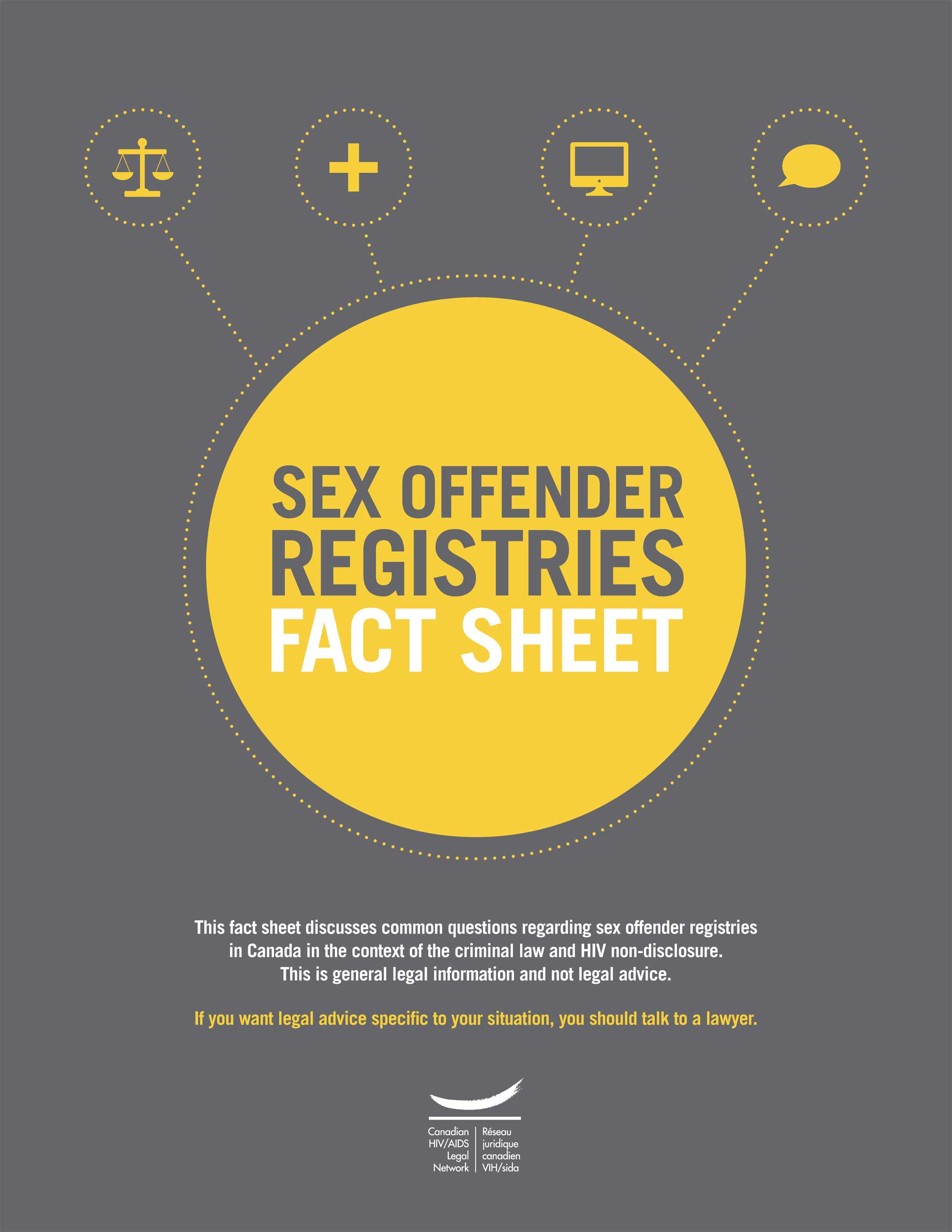
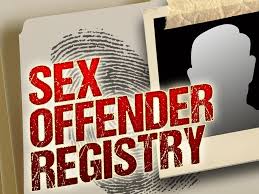
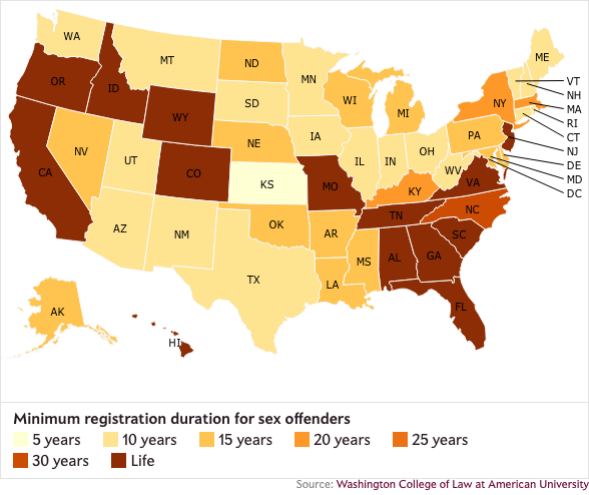
Closure
Thus, we hope this article has provided valuable insights into Understanding Sex Offender Registries and Public Access in Wisconsin. We thank you for taking the time to read this article. See you in our next article!